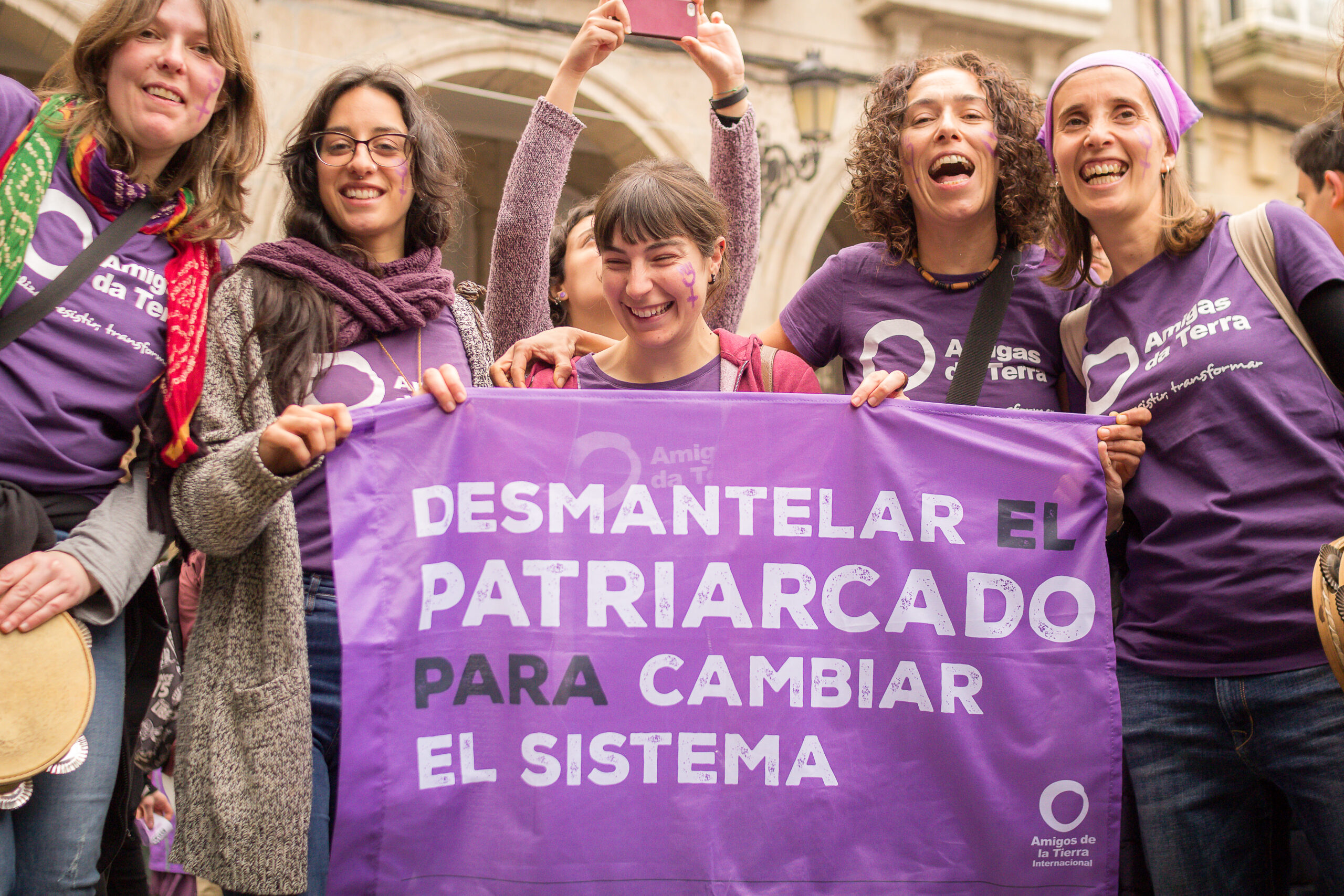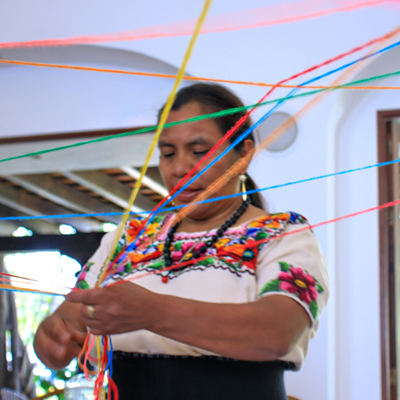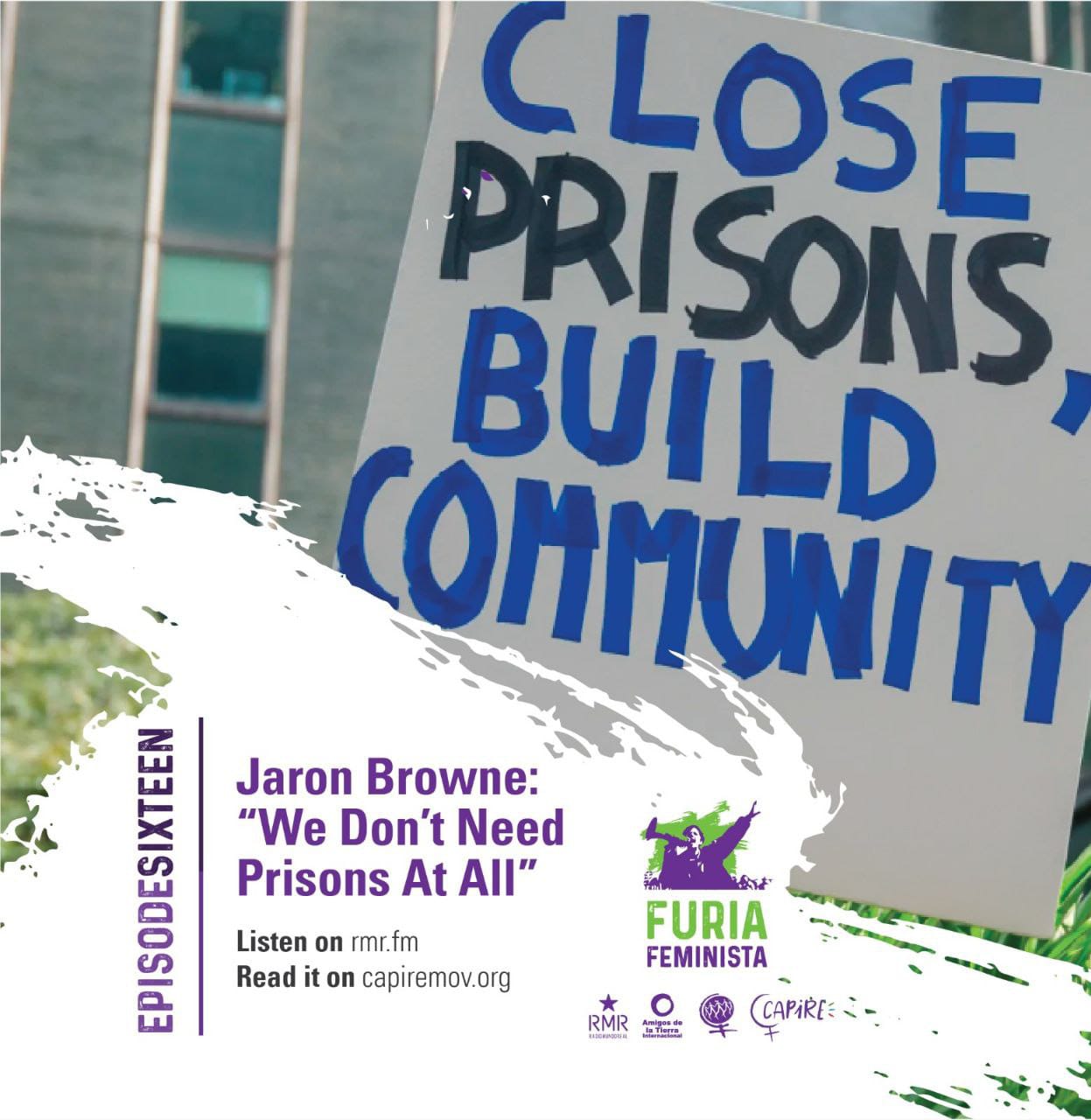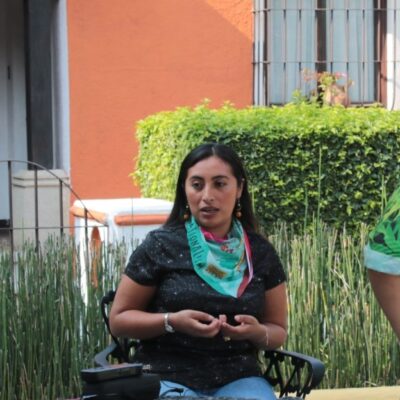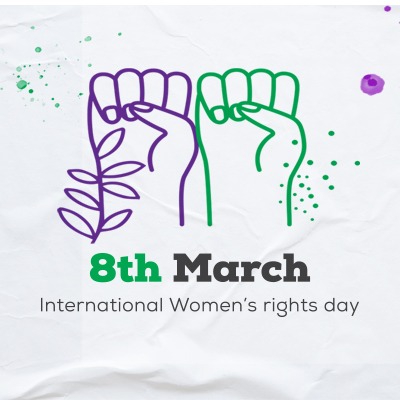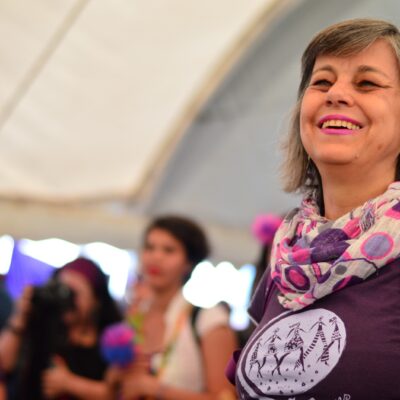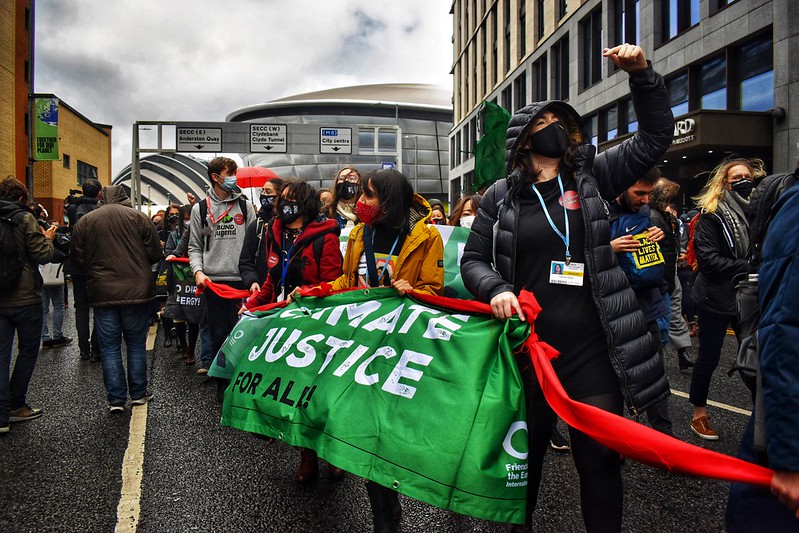
Feminist Economy and Environmental Justice: Alliances to Resist Capital’s Attacks
The debates presented below were part of a training cycle on feminist economy and environmental justice. Organized by the World March of Women (WMW) in Brazil, in collaboration with Friends of the Earth International’s (FOEI) gender justice and dismantling patriarchy working group, the training was aimed at members of the federation from all regions of the world. Capire and Real World…



